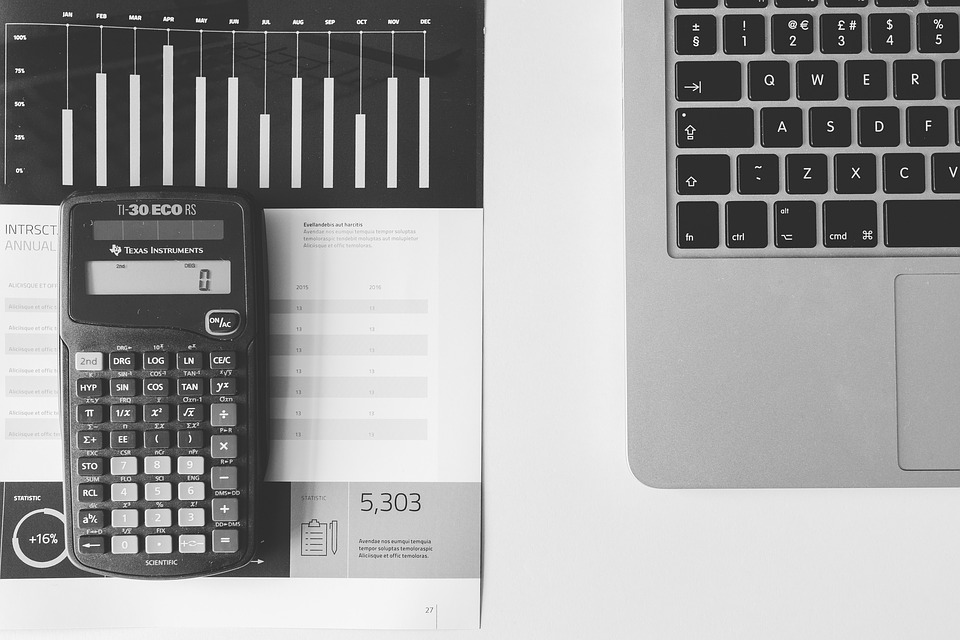Many people, and among them business owners and employees, use the terms ‘bookkeeper’ and ‘accountant’ interchangeably. What they fail to realize is that these two occupations are very different and the services they provide are distinct and yet complementary. The fact that many people can’t tell one from another isn’t surprising if we know that according to a 2015 Small Business Report by WASP Barcode, about 60 percent of small business owners admitted they don’t feel very knowledgeable about accounting and finances. Let’s broaden the horizons and throw some light on these two essential professions.
Things they have in common
For starters, both accountants and bookkeepers share two common goals. First, they keep track of your expenses and income in order to improve your chances of making a profit. Second, they collect financial data about your business to file your tax returns and registration papers. Still, although they share these common goals, they are supporting your business in completely different stages of the financial cycle. Now, let’s focus on their differences.
Bookkeeper
It is the bookkeeper’s role to help record your daily transactions easily and consistently. Having a good bookkeeper is vital to building a financially healthy company. Your bookkeeper will also record your financial transactions, post your debts and credits, produce invoices on daily basis and complete your payroll. However, perhaps the most important job of the bookkeeper is to maintain a general ledger. This document records the amounts of money you’ve received from sales and expense receipts. Bookkeepers call this posting and the more sales you make, the more often the ledger is posted. It goes without saying that the complexity of the bookkeeping system increases with the size of your business and the number of sales you complete both monthly and yearly.
Accountant
Accounting is a complicated process. It uses financial data compiled by the business owner to produce financial models based on this information. Compared to bookkeeping, which mostly deals in transactions, accounting is a much more subjective process. It is the accountant’s job to prepare the financial statements of your company, analyse the cost of your operations, complete your income tax returns, and record all the expenses that haven’t been recorded in the bookkeeping process. It is the role of an accountant to give you a better understanding of your profitability and increase your awareness of cash flow in your company.
How to hire them?
Now that the differences between bookkeeping and accounting have been explained, you also need to know what sort of credentials you should look for in each profession. Typically, bookkeepers have between two to four years of education. Some will have an associate’s degree, while others went to a bookkeeping course. To find a good bookkeeper, look for a candidate who is knowledgeable in financial topics. In most cases bookkeeper’s work is overseen by the accountant. On the other hand, anyone who just wants to qualify for the title of an accountant needs to have a bachelor’s degree in accounting. While you don’t have to hire someone with a specific accounting degree, make sure that this person at least has a degree in finances. Professionals who bear a title of CPA (Certified Public Accountant) will cost a bit more, but you can rest assured that they are experienced.
Organized financial records, sound financial strategy and accurate tax filings are essential if you want to strike gold in your industry. While having both an accountant and a bookie on your payroll may put a weight on your budget, keep in mind that keeping track of finances in not an easy job. Hiring these two financial professionals will allow you to focus on other important aspects of your business.
Dan Radak is a marketing professional with eleven years of experience. He is a coauthor on several websites and regular contributor to BizzMark Blog. Currently, he is working with a number of companies in the field of digital marketing, closely collaborating with a couple of e-commerce companies.




